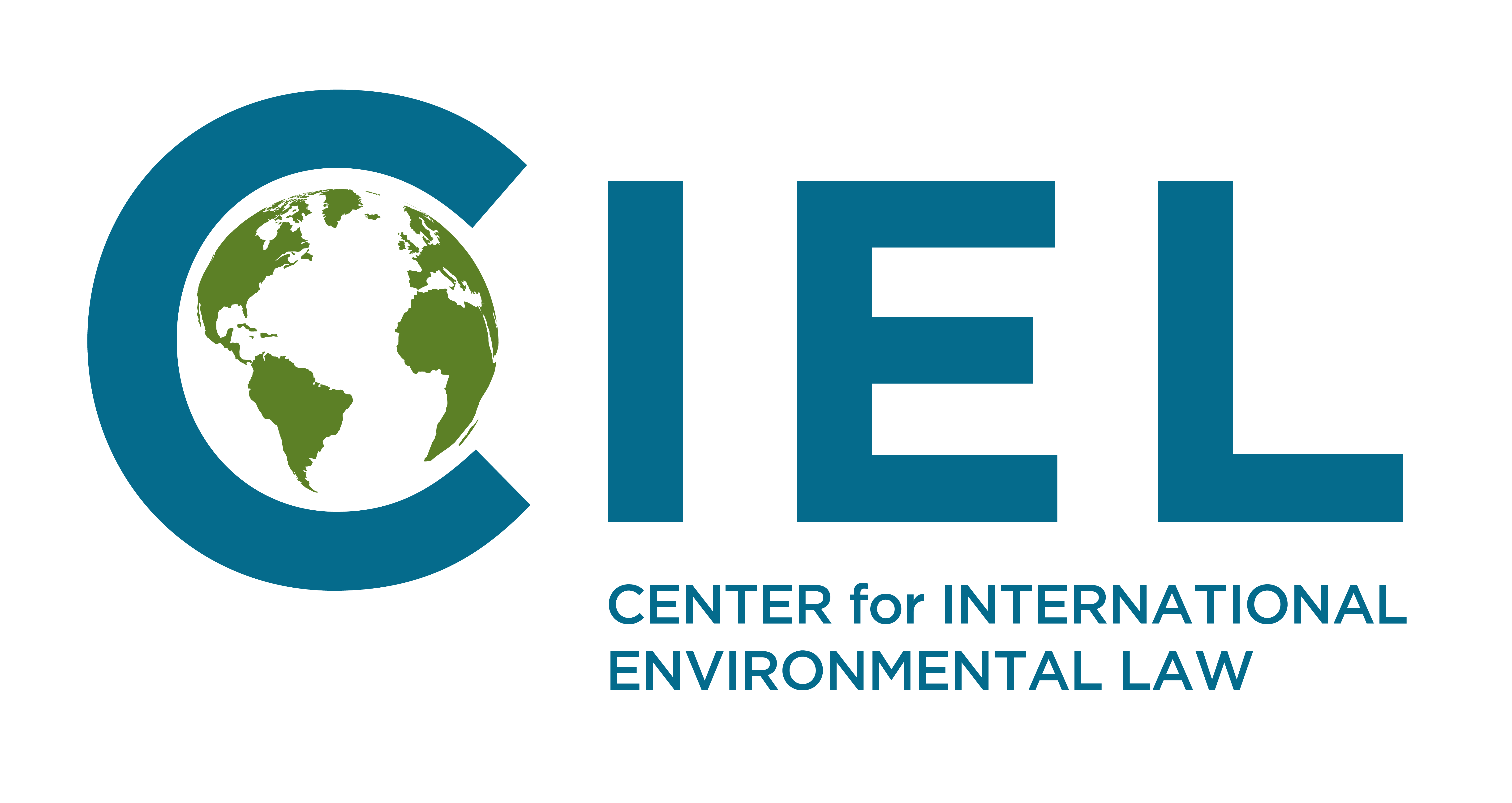The hidden costs of a plastic planet
Plastics poses toxic risks to human health, but the EU can limit the exposure
A new report released by CIEL exposes the distinct toxic risks plastic poses to human health at every stage of the plastic lifecycle, from extraction of fossil fuels, to consumer use, to disposal and beyond.
“Despite being one of the most pervasive materials on the planet, plastic and its impact on human health remain poorly understood. Yet exposure to plastic is expanding into new areas of the environment and food chain as existing plastic products fragment into smaller particles and concentrate toxic chemicals. As plastic production increases, highlights the report, this exposure will only grow.”
Plastic-related risks to human health arise from both exposure to plastic particles themselves and associated chemicals. Each stage of plastic production, use and disposal – from the extraction and transportation of fossil feedstocks, to the refining and production of plastic resins and additives, to consumer products and packaging, to plastic waste management, and notably incineration, to the fragmentation into microplastics, the degradation and the contamination of our food chain – involves the leakage of potentially harmful substances into the natural environment and the human body.
Therefore, understanding the full scope of the toxic impacts of plastics on human health requires a lifecycle approach. Likewise, reducing toxic exposure to plastics that have a toxic impact will require a holistic approach, as well as a focus on prevention.
The report also highlights how uncertainties and knowledge gaps often hinder regulation and the ability of consumers, communities, and policymakers to make informed decisions about plastics. However, the full scale of health impacts throughout its lifecycle are overwhelming and warrant a precautionary approach.
Today, the European Union has an unprecedented political opportunity to tackle the impacts of plastics on human health through regulatory measures, in the context of the interface between chemicals, product and waste legislation, proposed by the European Commission to harmonise the regulation across policy areas and prevent substances from hampering the circularity and safety of materials intended to undergo several loops.
Seizing this opportunity will allow to develop more consistent legislations to guarantee safety and sustainability of plastics products. Notably, as addressed by Rethink Plastic’s position paper on the interface:
- – The toxicity of plastics must be taken into consideration from the design stage, and along the whole lifecycle of the material;
- – The inclusion of substances of concern in plastics must be prevented, and the traceability of those substances must be ensured;
- – Traceability of substances must be supported as it permits the identification and localisation of substances that might hamper circularity; tracing substances later mitigates the problems of toxic recycling by enabling their identification and potential removal where possible.
- – Derogations enabling higher concentration of substances of concern in recycled plastics for the sake of circularity should not be perpetuated.
- – It is also essential to account for the toxicity of plastics at the waste classification phase and to update current legislations to address the concerns raised in the CIEL’s report.
The safety and the reputation of the circular economy are at stake.
-
To support its transition to a circular economy, the EU wants to boost the use of waste-derived materials, also commonly referred to as “secondary raw…
-
The European Commission must protect the integrity of the Packaging and Packaging Waste Regulation! We are deeply concerned by the potential reopening of the Packaging…




